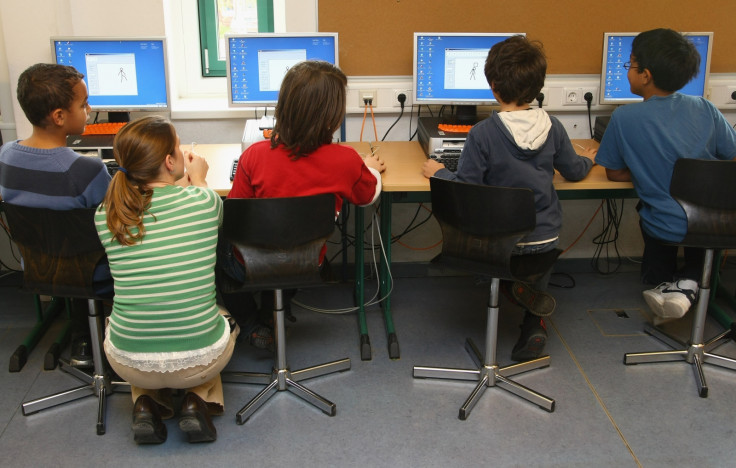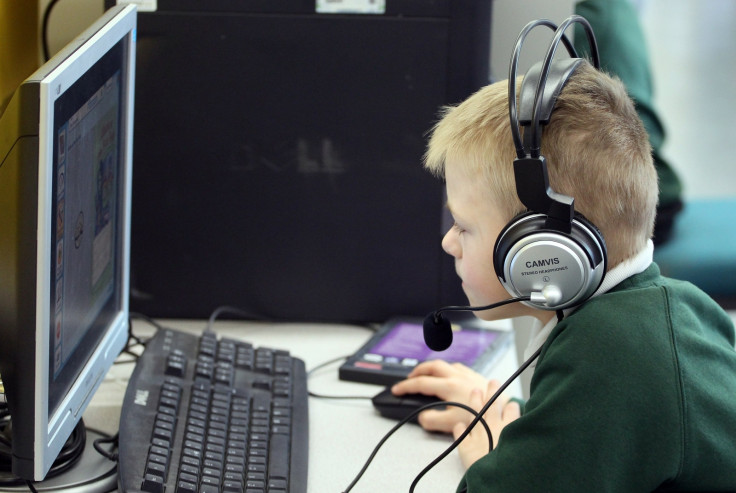Technology hasn't made our schoolkids smarter so why invest millions into this failed project?
Multi-million pound investments have seen little evidence of impact and there's a simple answer to why.

As the next wave of the nation's children are being fitted for their new school uniforms and Tories start to mumble about bringing back grammar schools, techno-utopianists are reminded that education is one area that has remained stubbornly resistant to the thrall of software and silicon. Will it fall? There is plenty of reasons to think not.
A recent article by TechCrunch trumpeted "edtech is the next fintech", suggesting that "just as digitalisation has transformed the financial services industry, it too will soon have its progressive grip wrapped around education."
Unfortunately, there is scant evidence to support this breathless claim, and, worryingly for those who are pouring money into the sector, a disturbing amount of evidence to the contrary, at least as far as schools are concerned.
And pouring it in they are. A report from EdTechXGlobal and IBIS Capital estimates that by 2020 some $252 billion will have been invested in EdTech.
The justification, the oft-repeated claim that the global education market is a multi-trillion dollar market, ignores the reality of educational spending. The vast majority of that spend is public money tied up in buildings and staff – staffing alone takes up more than 80% of a typical state primary school's budget. As anyone who has stepped foot in a state school recently will tell you, this is not a sector awash with cash.
Nor has 30 years of technology had much impact. One of the most influential thinkers on school reform, Australian academic John Hattie, spent 15 years studying and ranking the factors that affect standards. Computer aided instruction ranked 71st out of 183, and Hattie found no evidence that technology has yet had any above-average impact. (There is a clue as to what does make a difference: Things like classroom behaviour, providing proper evaluation and teacher-student relationships all crowd the top of his list.)
Furthermore, a recent OECD report compared the performances of countries taking international tests in maths and reading. The report found that the top performers came from countries that had below average computer use. In the case of maths, the very best performance was made by students who had the very lowest use of computers. Conversely, as the report found: "In countries where it is more common for students to use the internet at school for schoolwork, students' performance in reading declined between 2000 and 2012, on average."
Nor was this report an outlier. The 2011 Review of Education Capital reported that state-maintained schools in England and Wales spent £487 million on ICT in 2009-2010 but the official report could find no evidence that had resulted in any improvement in student education.
Why has technology failed in education so far?
The reality, that the techno-utopianists have to face, is that from Tony Blair's National Grid For Learning to today's edtech, digitalisation's "progressive grip" has failed time and time again. All of which leads to the obvious question – why?
A 2013 report sponsored by, amongst others, Microsoft and Intel, gives us the answer: "In much of the language and thinking on technology in education, there has been a quest for a 'holy grail' that would transform education through technology. By now, it is clear that no holy grail exists; rather, technologies used to enable and accelerate specific processes can dramatically improve learning, but its impact depends on how it is used."
What matters in education is good teachers, not new technology. The clue lies in those factors at the top of Hattie's table. Learning is, at heart, a social, profoundly human activity.

The Google dilemma
What is also not supported by the evidence is the existence of '21st century skills'; the rather loose suggestion that somehow because Google exists, children don't need to know facts – after all they can simply look them up, or we can educate ourselves watching YouTube videos. Tempting though these claims are, once again research doesn't support them.
While no one would dispute the success of ventures like the Khan Academy, allowing students the world over access to excellent teaching (although as traditional a teaching method as you could find), research shows that students are actually incredibly bad at picking learning techniques that work. The idea that we are our own best teachers is simply not supported by the evidence.
As US educational neuroscientist Daniel T. Willingham points out "to think is a transitive verb. You need something to think about... thinking well requires knowing facts, and that's true not simply because you need something to think about. The very processes that teachers care about most – critical thinking processes such as reasoning and problem solving – are intimately intertwined with factual knowledge that is stored in long-term memory (not just found in the environment)." Boring and last-century as it may be, we do need to learn facts.
The fate and future
None of this is to say that edtech has no future, nor that we should burn school computers and replace them with Thompson and Craddock Latin Primers. There is certainly a role for edtech outside of the classroom, particularly among adult learners (the suitability of learning apps for toddlers is highly disputed), and there is a very real role for edtech inside classrooms in supporting teachers – so start-ups like Show My Homework have been widely adopted.
There is also a major role for using computers in areas like maths to help students get a better understanding of the subject. Projects like Wolfram's Computer Based Math (and adopted by that technology trailblazing country, Estonia) which, as the name suggests uses computers to put an emphasis on using maths to ask questions, not merely solve quadratic equations, point a very clear way forward for the best use of technology – to help teachers to help students to help themselves. And that, after all, is what education is about.
© Copyright IBTimes 2025. All rights reserved.






















